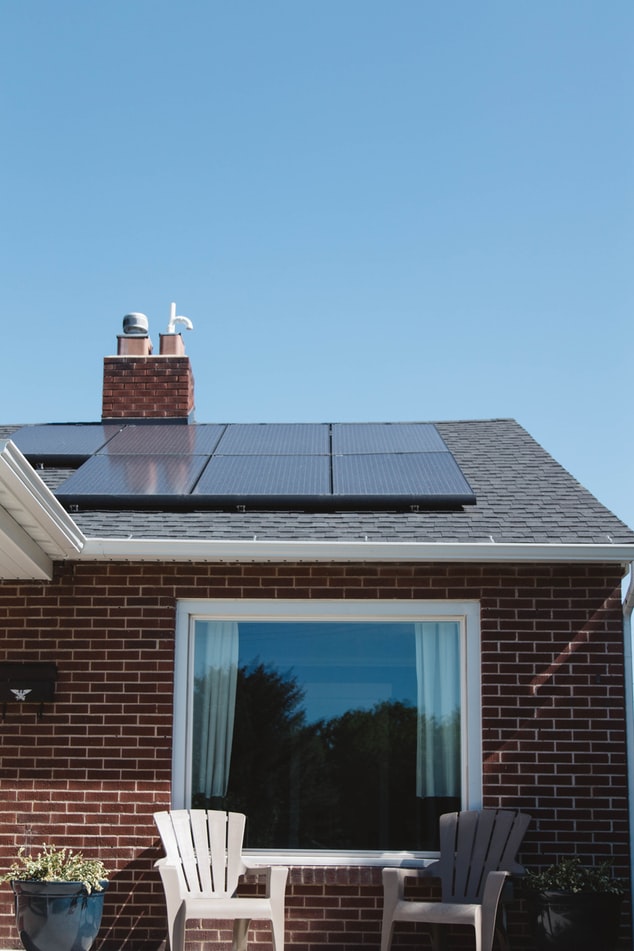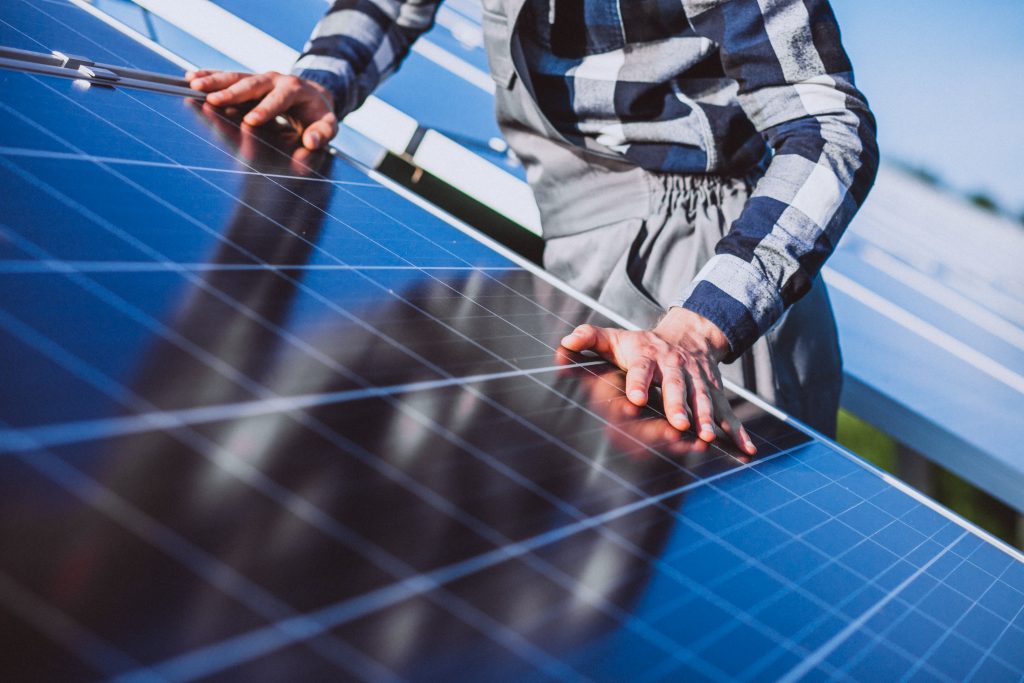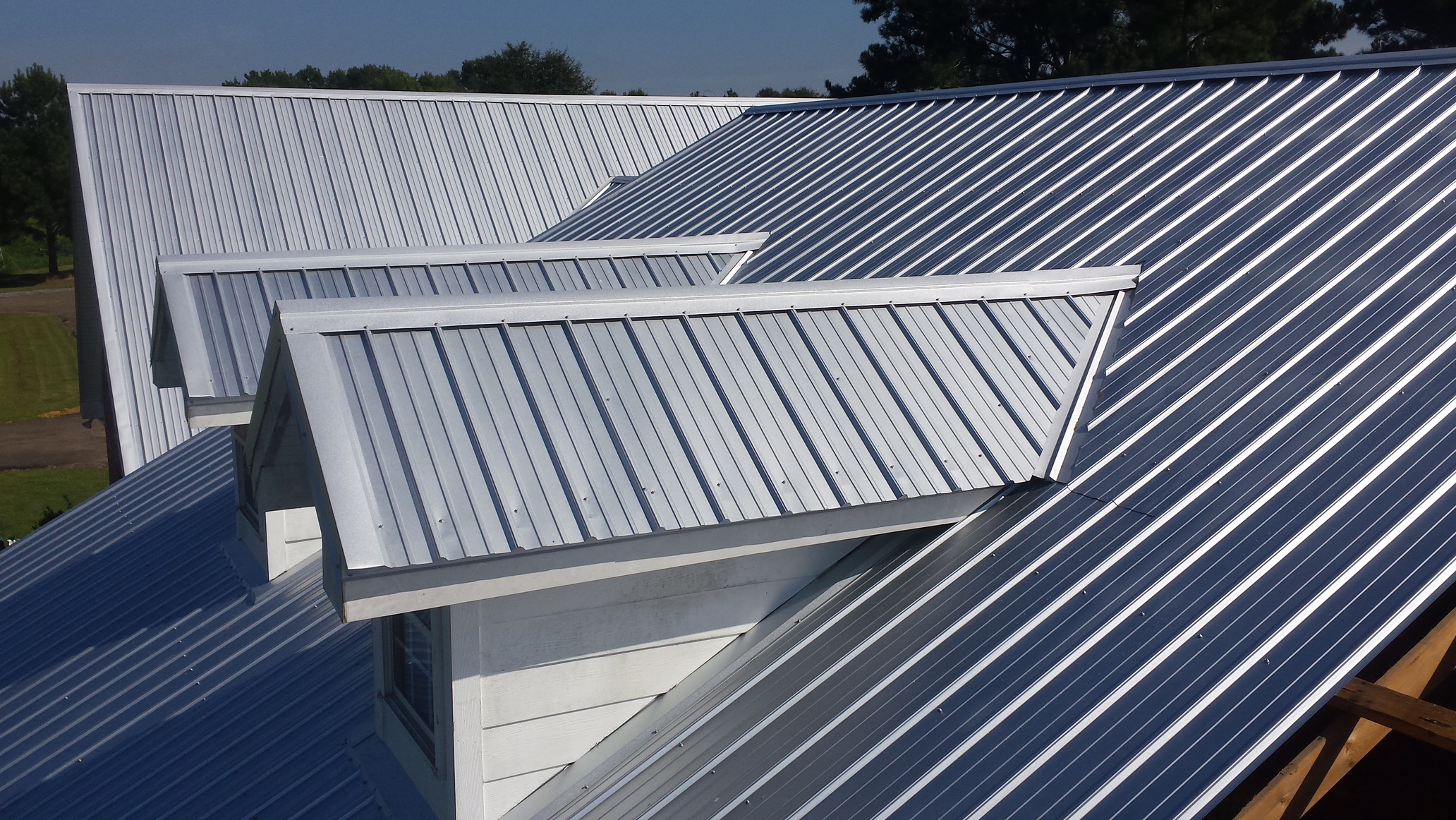Are Solar Panels Worth It in the UK?

Explore the costs, savings, and benefits of switching to solar energy for your home, and find out if installing solar panels can truly reduce your energy bills!
Rising energy bills and increasing awareness of climate change have made many UK homeowners and businesses consider solar energy as a practical solution. But the big question remains: are solar panels really worth it in the UK?
The answer isn’t the same for everyone. It depends on your property, energy consumption, and financial goals. In this article, we’ll explore the costs, savings, incentives, and real-world factors that determine whether solar panels are a worthwhile investment in the UK.
Do Solar Panels Work Well in the UK’s Climate?
One of the most common concerns is whether the UK gets enough sunlight for solar panels to be effective. The good news is that modern solar panels work efficiently even in cloudy conditions.
- The UK receives an average of 4.1 hours of usable sunlight per day across the year.
- Germany, which has less sunshine than the UK in many regions, is one of the world leaders in solar adoption.
- Panels generate electricity from daylight, not just direct sunlight, meaning they can still perform on overcast days.
So yes, despite the UK’s famously grey weather, solar panels can deliver consistent and reliable performance.
How Much Do Solar Panels Cost in the UK?
The initial investment is often the biggest barrier for homeowners considering solar. Costs vary depending on system size, installer, and property type, but here’s a general guide:
- A typical 3–4kW solar system (suitable for most UK homes) costs between £5,000 – £7,500.
- Larger systems, such as those for businesses or bigger properties, can cost upwards of £10,000 – £12,000.
- Adding extras like solar batteries will increase the upfront price but can maximise long-term savings.
To dive deeper into current installation prices, check out this detailed guide on the cost of solar panels in the UK.
How Much Can Solar Panels Save on Energy Bills?
Savings depend on how much electricity you use and how much of it can be offset by your panels. On average:
- A 4kW system generates around 3,400 kWh per year.
- This can cover 40–60% of an average household’s energy use.
- Annual savings typically range from £400 – £700, depending on location and energy tariffs.
Over a 25-year lifespan, total savings can exceed £20,000, making solar panels a strong long-term investment.
Income from the Smart Export Guarantee (SEG)
Another way solar panels prove their worth is through the Smart Export Guarantee scheme. This allows homeowners to sell surplus electricity back to the grid.
- Average SEG payments can add £100 – £200 per year in income.
- Combined with bill savings, this boosts overall returns and shortens the payback period.
Payback Period: When Do Solar Panels Pay for Themselves?
For most UK households:
- The payback period is typically 7–10 years.
- After that, all the electricity savings and SEG payments are pure financial gain.
- With panels lasting 25+ years, that means 15+ years of free or low-cost energy after the system has paid for itself.
Other Benefits Beyond Savings
Solar panels don’t just save money, they also deliver several other advantages:
- Property Value Boost: Homes with solar panels often sell faster and at higher values.
- Energy Independence: Less reliance on suppliers shields you from rising electricity prices.
- Sustainability: A typical system reduces carbon emissions by over 1 tonne per year.
- Low Maintenance: With no moving parts, panels require little more than occasional cleaning.
When Might Solar Panels Not Be Worth It?
While solar is a good investment for many households, there are cases where the benefits are reduced:
- Shaded Roofs: Trees, chimneys, or nearby buildings may block sunlight.
- Limited Roof Space: Small roofs may not allow for enough panels to make the system worthwhile.
- Low Daytime Energy Use: If your household is empty during the day and you don’t use much energy, you may export most of your generation rather than using it directly (a solar battery can help in this case).
The Future Outlook for Solar in the UK
The UK government is committed to achieving net-zero emissions by 2050, and renewable energy plays a key role in that goal. With 0% VAT on domestic solar installations until 2027 and ongoing improvements in solar technology, panels are becoming more affordable and efficient.
This makes now one of the best times to consider installing solar panels.
Final Thoughts
So, are solar panels worth it in the UK? For most homeowners, the answer is a resounding yes. Despite the climate, modern solar panels generate enough energy to deliver significant savings, reduce carbon emissions, and provide long-term value.
While the upfront cost can seem daunting, the combination of reduced energy bills, Smart Export Guarantee income, and long-term financial security makes solar a smart investment.
If you’re ready to take the next step, start by learning about the upfront costs and comparing quotes.








